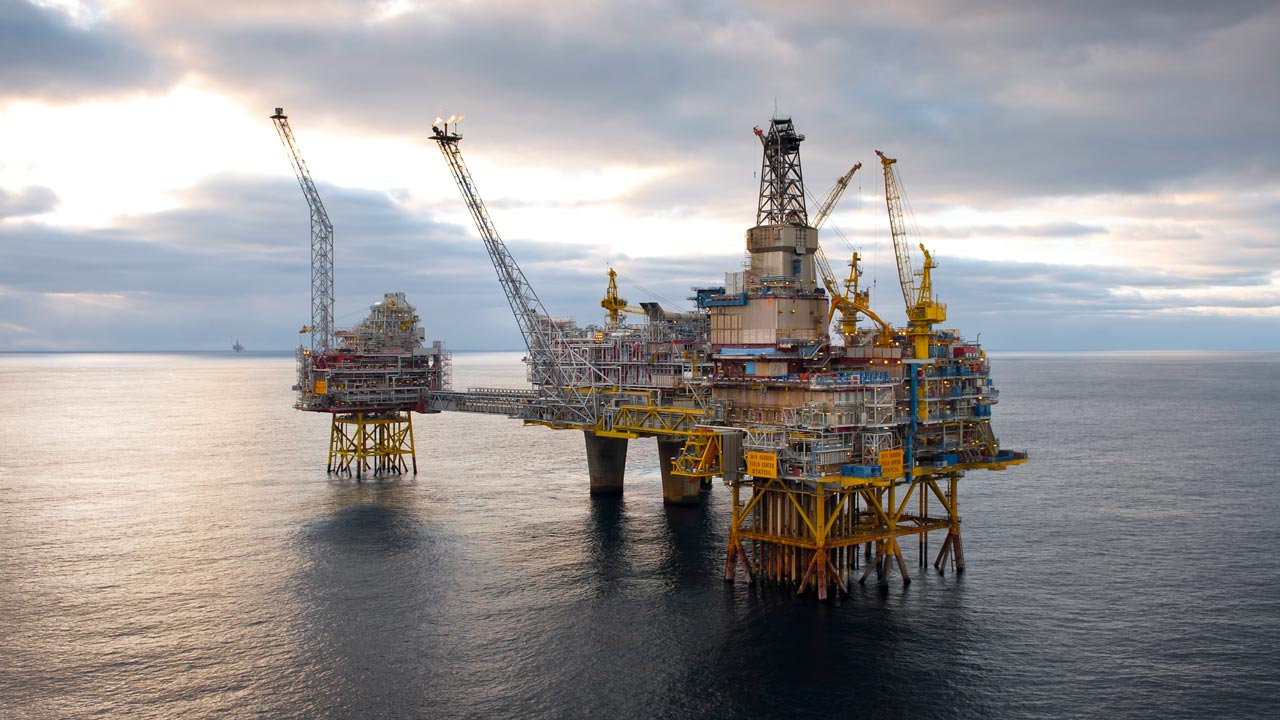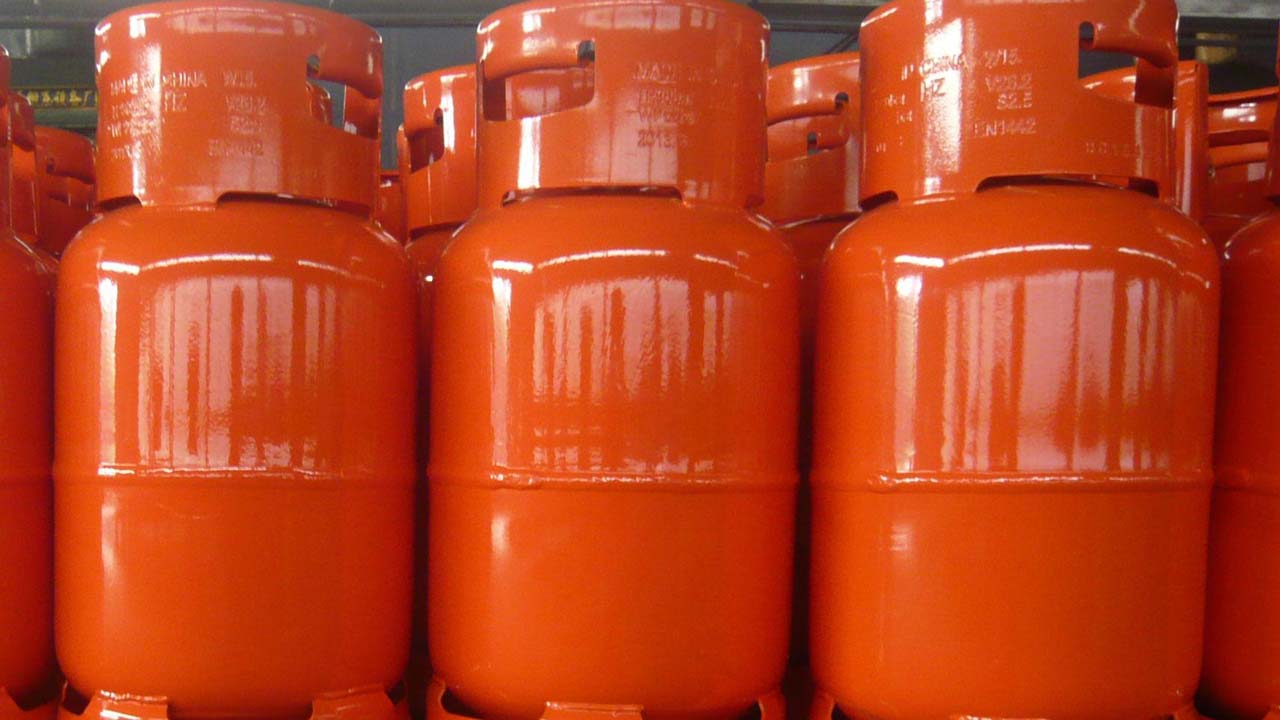Following the licencing of about 22 private firms to establish refineries, which are expected to produce 1.97 million barrels per day in the short, medium and long period, there are signs that combined capacity refining may rise to 2.6mbpd on full capacity.
This was the argument of Petroleum engineer who spoke to our correspondent in Owerri on Thursday.
Dr. Marcel Ugomba, a refining expert based in Dubai said “Nigeria may be on the path to becoming self-sufficient in the production of petroleum products, as the Federal Government expects to increase the country’s refining capacity from 445,000 barrels per day to 2.62 million barrels per day”.
“I understand that the Department of Petroleum Resources (DPR), has granted licences to 22 private firms to establish refineries, this will add up with whatever the federal refineries will produce to make up the needed usage level and even for export.
According to him, “If these refineries come on stream, the country is expected to save over $15 billion yearly from the importation of petroleum products, create jobs and meet the needs of industrial firms, which depend on by-products from refineries”.
Besides, further findings have revealed that nine companies have submitted bids for co-location of new refineries within the complexes of Nigeria’s three existing refineries in Kaduna, Warri and Port Harcourt, which are expected to increase the nation’s refining capacity from 445,000 barrels per day (bpd) to 650,000bpd.
DPR, in its yearly report on the oil and gas sector stated that the Federal Government hoped to achieve 50 per cent domestic refining capacity by 2020, through a combined policy of deregulation and rehabilitation of aging plants.
The agency, in line with this aspiration, DPR has already granted 25 Licenses to Establish (LTE) and five Approvals to Construct (ATC) refineries in Nigeria to qualified companies.








